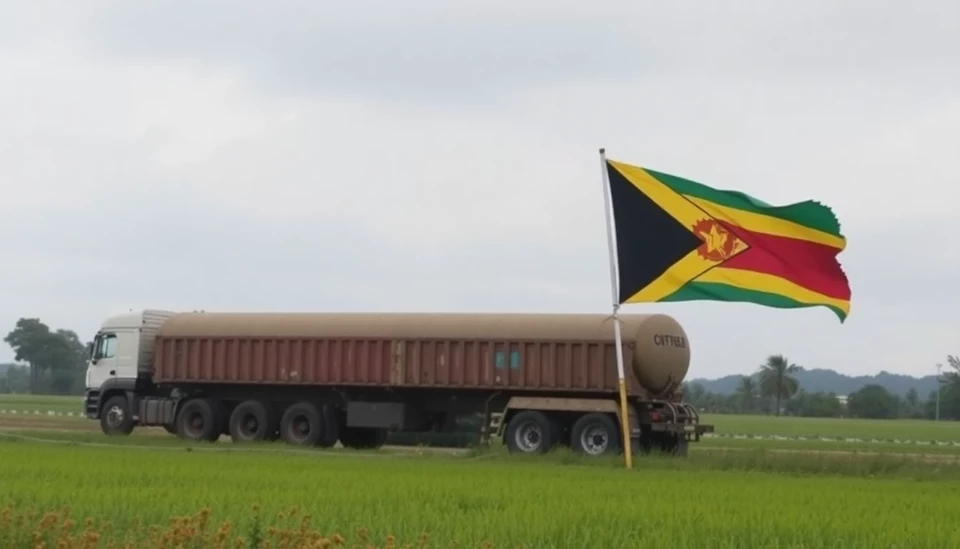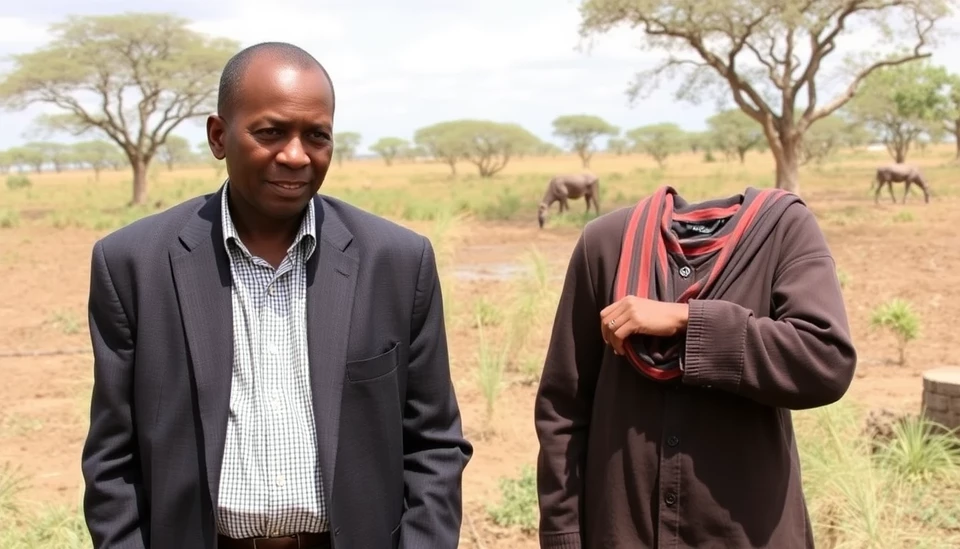
In a significant development, Zimbabwe's government is slated to introduce a series of measures aimed at curbing the rapid expansion of the informal sector, which has seen a dramatic rise in participation amidst ongoing economic challenges. The informal economy is often characterized by its lack of regulation, unregistered enterprises, and workers operating without formal contracts. This increasing trend poses a multitude of concerns for the nation's fiscal stability and economic planning.
The government's move comes as the informal sector has reportedly grown to encompass approximately 60% of the workforce, a staggering statistic that reflects the deepening economic malaise faced by many citizens. Rising inflation, dwindling job opportunities in the formal industry, and a faltering currency have all contributed to the proliferation of informal work. Many Zimbabweans have turned to street vending, small-scale farming, and other non-traditional forms of employment as a means of survival.
Officials have indicated that the new initiatives will be multifaceted, focusing on providing regulatory frameworks, offering incentives for businesses to formalize their operations, and increasing tax compliance among informal workers. This approach is not only a strategy to widen the tax base but also aims to ensure that workers in this sector can access essential services such as healthcare, pensions, and other social security benefits.
To facilitate the transition to a more regulated economy, the government is expected to launch an awareness campaign to educate individuals regarding the advantages of formal employment. Moreover, there will be an emphasis on simplifying the registration process for businesses and providing small loans to help informal enterprises become established small to medium enterprises (SMEs).
Critics of the government's plan have raised concerns regarding the feasibility of enforcing regulations in a sector characterized by its fluidity and resilience. They argue that without addressing the underlying economic issues—such as high inflation rates and aging infrastructure—efforts to rein in the informal sector may merely drive these operations further underground.
Tax authorities have also expressed intentions to intensify their monitoring strategies, recognizing the critical need to collect revenue that can help undergird state resources. Given the current situation, the authorities seek to prevent tax evasion and create a balanced environment where businesses can thrive, while also contributing to national development.
The government's engagement with stakeholders, including business leaders, economists, and community organizations, is crucial to formulating effective policies that genuinely address the complexities of the informal economy. It remains imperative that bureaucratic obstacles do not stifle the entrepreneurial spirit that characterizes many informal sector workers.
As Zimbabwe grapples with its economic reality, the success or failure of these proposed measures will likely dictate the future trajectory of both the informal sector and the overall economy. The stakes are high, and the government's ability to adapt to these challenges will be paramount in the coming months.
With an eye on stabilizing the economy and fostering growth, Zimbabwe stands at a critical juncture as it seeks to balance regulation with opportunity for its citizens. Whether these new measures can effectively metamorphose the informal economy into a robust part of the formal framework remains to be seen.
As discussions unfold regarding policy implementation, the economic landscape of Zimbabwe is one to watch, and the ramifications of these strategies will undoubtedly reverberate throughout the nation.
#Zimbabwe #InformalEconomy #EconomicPolicy #SmallBusiness #Entrepreneurship #TaxCompliance #EconomicGrowth #Regulation
Author: Laura Mitchell




